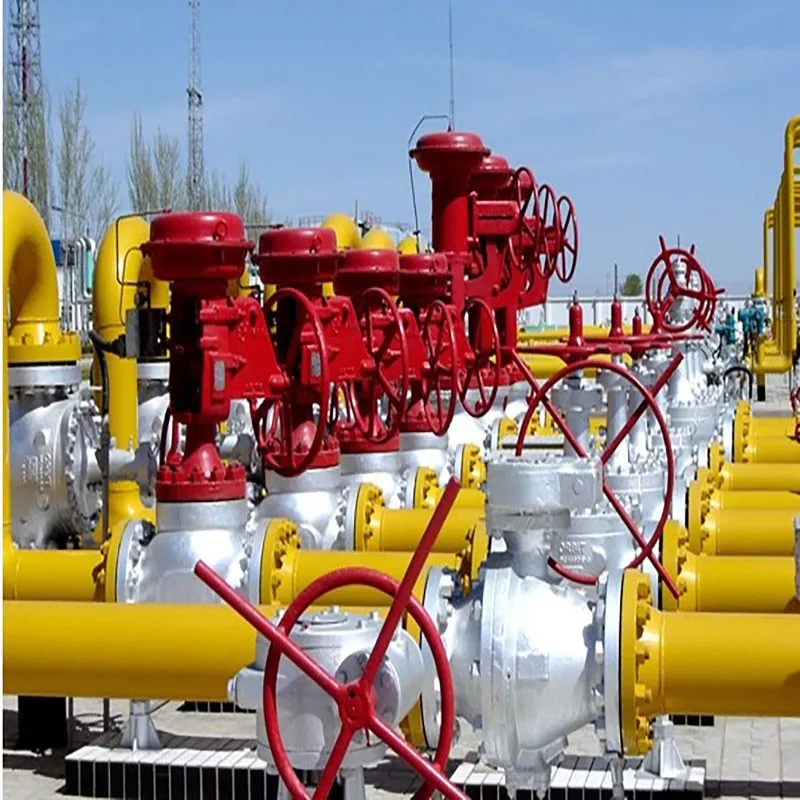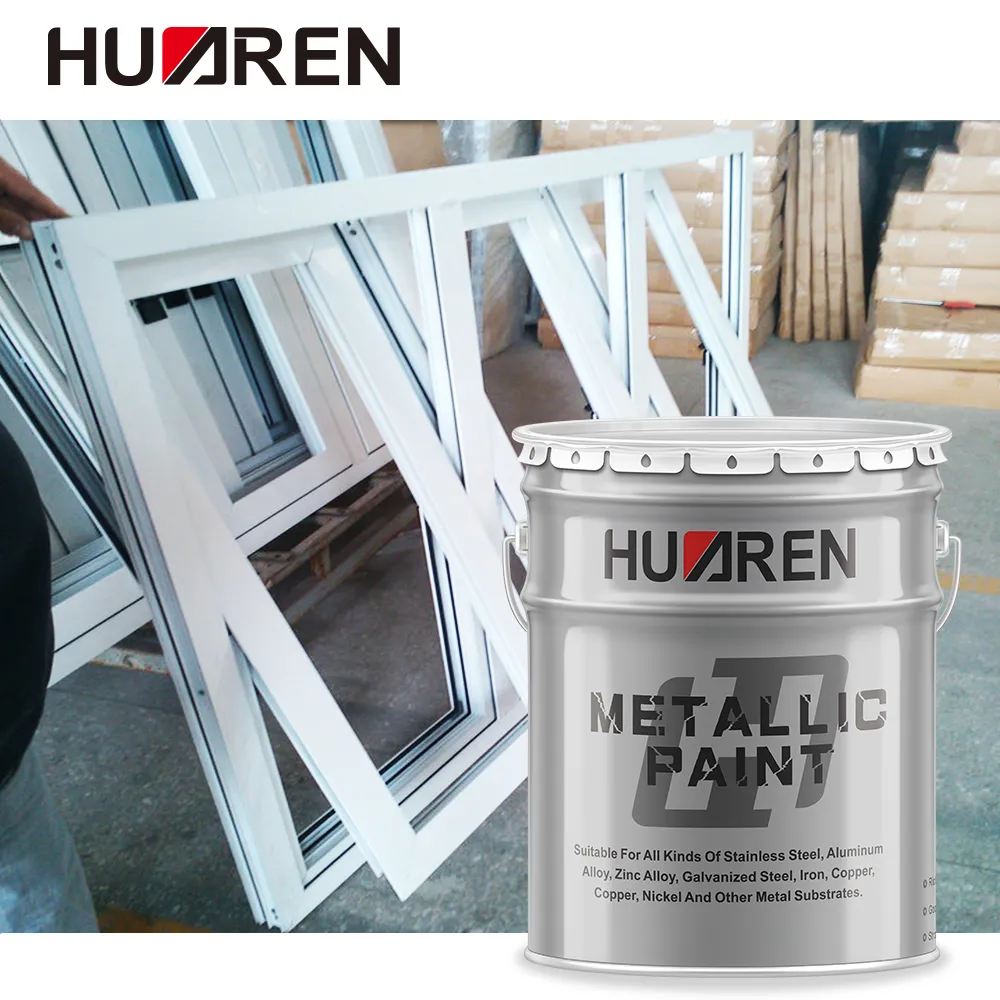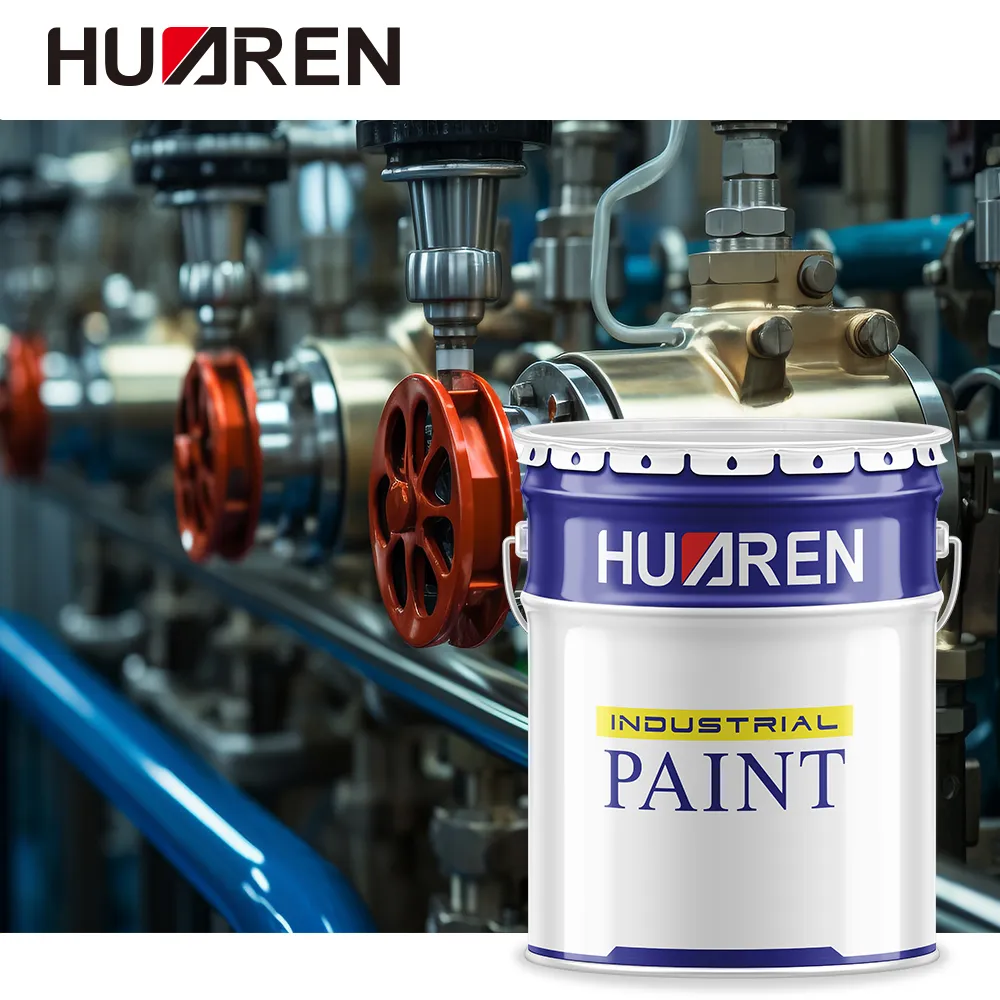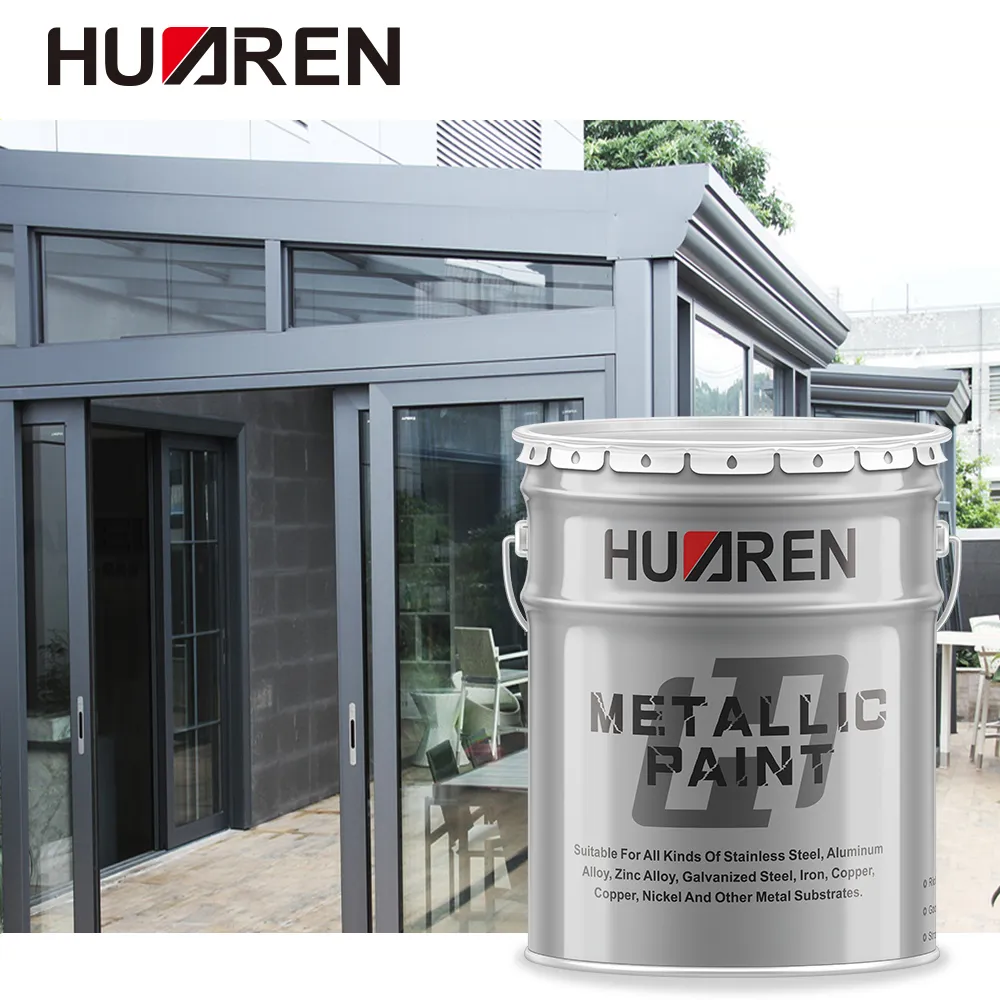Anticorrosive primers occupy an important position in the field of metal protection. Whether it is bridges, ships, pipelines, or iron furniture and car chassis in daily life, metal materials will face the risk of corrosion once they are exposed to air, moisture, salt or chemicals. This corrosion not only affects the appearance of the material, but is also likely to endanger the safety and stability of the structure. Therefore, choosing an anticorrosive primer suitable for metal is the key to extending the service life of metal and reducing maintenance costs.
This article will discuss which of the many anticorrosive primers is most suitable for metal use from the aspects of the role of anticorrosive primers, different types of anticorrosive primers, recommendations for anticorrosive primers suitable for metal use, and construction points.

What is the role of anticorrosive primers?
Anticorrosive primers are the first layer of the coating system and are in direct contact with the metal substrate. Its role is to prevent oxidation and corrosion of the metal surface by isolating air, moisture and corrosive substances. It can form a dense protective layer on the metal surface to prevent the external environment from corroding the metal. Secondly, anticorrosive primers can improve the adhesion between the topcoat and the metal substrate and prevent the topcoat from bubbling and peeling. The strong bond between the primer and the metal is the basis for the stability of the entire coating system. In addition, the anti-corrosion primer can fill the fine unevenness of the metal surface, making the topcoat application smoother and more uniform, thereby improving the overall effect of the coating.
What are the classifications of anti-corrosion primers?
Anti-corrosion primers can be divided into the following types according to their composition, function and application occasions:
1. Epoxy anti-corrosion primer
2. Polyurethane anti-corrosion primer
3. Zinc powder anti-corrosion primer
4. Alkyd anti-corrosion primer
5. Water-based anti-corrosion primer
Epoxy anti-corrosion primer
Epoxy anti-corrosion primer is one of the most common anti-corrosion primers with excellent chemical corrosion resistance, adhesion and mechanical properties. Epoxy anti-corrosion primer can form a strong coating film on the metal surface to resist the erosion of acid, alkali, salt spray and solvents. Therefore, it is widely used in chemical equipment, marine engineering, oil tanks and other fields.
The disadvantage of epoxy anti-corrosion primer is that it has poor weather resistance and is easy to powder after long-term exposure to sunlight, so it usually needs to be used in conjunction with a topcoat with better weather resistance.
Polyurethane anti-corrosion primer
Polyurethane anti-corrosion primer is known for its excellent weather resistance, wear resistance and impact resistance. It not only resists UV erosion, but also has good flexibility and adhesion, and is suitable for metal facilities exposed outdoors such as steel structures and bridges.
Polyurethane anticorrosion primer can be used as a primer alone or as a topcoat layer of epoxy anticorrosion primer to provide additional protection and decorative effects.
Zinc powder anticorrosion primer
Zinc powder anticorrosion primer, also known as zinc powder primer or zinc-rich primer, has excellent anticorrosion properties. Its main ingredient, zinc powder, provides cathodic protection for metals through electrochemical action, that is, when metals undergo electrochemical corrosion, zinc powder will be corroded first, thereby protecting the substrate metal. Zinc powder anticorrosion primer is widely used in marine engineering, heavy industrial equipment, ships and other fields with extremely high anticorrosion requirements.
Alkyd anticorrosion primer
Alkyd anticorrosion primer is a more traditional anticorrosion coating with good adhesion and flexibility, suitable for general indoor and outdoor metal structures. However, the chemical resistance and weather resistance of alkyd anticorrosion primer are relatively weak, and it is more used in occasions with low environmental requirements, such as indoor metal parts, guardrails, etc.
Water-based anticorrosion primer
With the improvement of environmental protection requirements, water-based anticorrosion primer has gradually attracted attention. It does not contain organic solvents, has low volatile organic compound (VOC) emissions, and is environmentally friendly. Water-based anticorrosion primer is suitable for the anticorrosion protection of light industrial and household metal products, but its anticorrosion effect and adhesion may not be as good as solvent-based anticorrosion primer in extreme environments.

What is the most suitable anticorrosion primer for metal use?
For metal anticorrosion protection, different environments and usage requirements determine the choice of anticorrosion primer. The following are anticorrosion primer recommendations for several common scenarios:
Marine environment
In the marine environment, metal facilities face high salinity, high humidity and complex corrosive factors, so it is necessary to choose a primer with extremely strong anticorrosion performance. Zinc powder anticorrosion primer is the first choice. Its cathodic protection mechanism enables it to effectively prevent electrochemical corrosion in seawater. Epoxy zinc powder primer is particularly suitable for ships, offshore platforms, port facilities and other fields.
Outdoor steel structure
Outdoor steel structures such as bridges and high-voltage electric towers are exposed to the sun and rain. In addition to corrosion protection, they also need to resist environmental influences such as ultraviolet rays and temperature changes. At this time, the combination of epoxy anticorrosion primer and polyurethane topcoat is an ideal choice. Epoxy primer provides anticorrosion protection, while polyurethane topcoat increases weather resistance and aesthetics.
Industrial equipment
Industrial equipment is often exposed to corrosive environments such as acids, alkalis, and solvents, so the chemical resistance of anticorrosion primers is required to be high. Epoxy anticorrosion primers are an ideal choice for anticorrosion of industrial equipment such as chemical plants and pharmaceutical plants due to their excellent chemical resistance and mechanical properties.
Indoor metal structures
For indoor metal structures that are not directly exposed to harsh environments, such as steel furniture, metal doors and windows, alkyd anticorrosion primers can meet the anticorrosion needs. It has strong adhesion, simple construction and low price, making it an economical and practical choice.

What are the key points of anticorrosion primer construction?
The protective effect of anticorrosion primers depends not only on their composition and performance, but also on the quality of construction. Good construction technology can give full play to the protective effect of anticorrosive primer, while improper construction may cause coating failure and accelerate corrosion. Therefore, the construction of anticorrosive primer should pay attention to the following points:
Surface treatment
The cleanliness and roughness of the metal surface are the key to ensuring the adhesion of the primer. Before construction, the metal surface should be thoroughly cleaned to remove impurities such as oil, rust, and scale. Common surface treatment methods include sandblasting, grinding, pickling, etc., the purpose is to increase the activity and roughness of the surface and provide a good adhesion basis for the primer.
Coating method
The coating method of anticorrosive primer can be spraying, brushing or rolling, which is selected according to the specific environment and construction requirements. When coating, the coating should be uniform to avoid missing coating and sagging. The thickness of the coating should meet the requirements of the product manual to ensure the best anticorrosive effect.
Drying time
The drying time of the anticorrosive primer depends on its composition, coating thickness and environmental conditions. Generally speaking, the primer should be completely dry before the topcoat is applied, otherwise it may affect the adhesion and durability of the coating. Especially in humid or low temperature environments, the drying time may be extended and the construction plan should be adjusted appropriately.
Multi-layer coating
In highly corrosive environments, multi-layer coating is an effective means to improve the protective effect. Usually, a layer of anti-corrosion primer is applied first, followed by several coats of topcoat to form a complete coating system. Different coating materials can provide different protective functions, such as primer is responsible for anti-corrosion, and topcoat provides weather resistance and decorative properties.

Huaren Chemical Industry Co., Ltd., established in 1994, is a professional manufacturer and supplier of industrial paints and resins based in China. With an annual production capacity exceeding 20,000 tons, we are equipped with 30 advanced paint production lines and 6 cutting-edge resin production lines. Our product range includes epoxy paints, acrylic coatings, alkyd paints, phenolic coatings, water-based industrial paints, and more. These high-quality products are widely applied in industries such as petrochemicals, machinery, construction, and shipbuilding. Huaren offers customized solutions to meet diverse industrial needs.
As a trusted factory, we ensure competitive prices, wholesale options, and professional service. Whether you are looking for bulk purchasing, promotional discounts, or tailored quotes, Huaren is your go-to supplier. Our products have gained recognition in markets like Nigeria, Ghana, South Africa, India, and Europe. Contact us now to explore our extensive portfolio and benefit from our expertise in chemical manufacturing.

